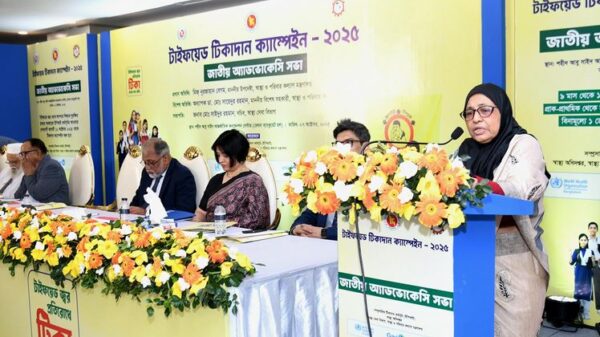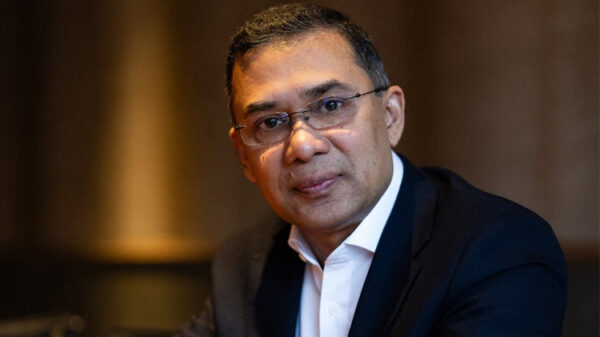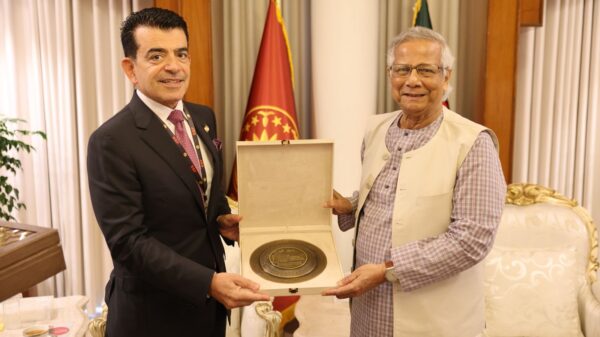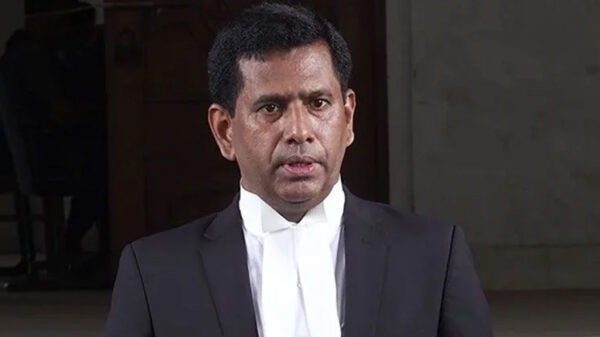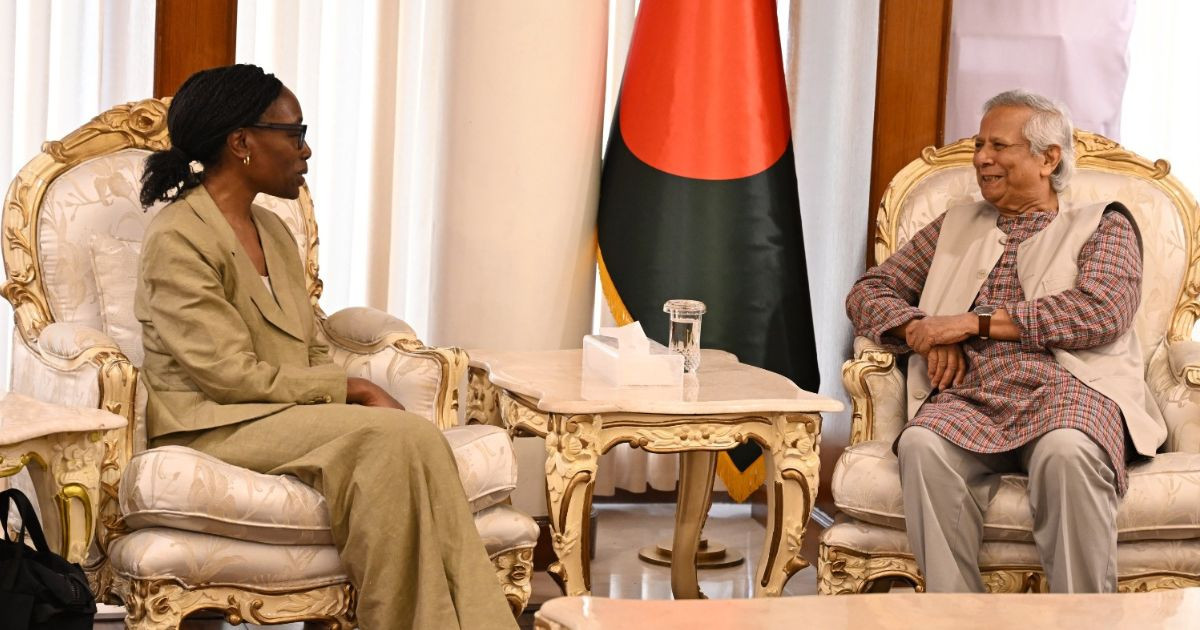Staff Reporter:
The interim government has vowed to hold elections on schedule, refusing to delay the vote for any demands, Chief Adviser Prof Muhammad Yunus said on Thursday.
Speaking with a delegation from the International Crisis Group led by Comfort Ero, the chief adviser confirmed that the government has set two possible timelines for the elections.
He assured the group the dates would not change.
Yunus explained that if political parties seek a limited number of reforms, the elections will be held in December. On the other hand, if a larger reform package is desired, it will take place by June next year, he said.
“We have no reason to change the election dates,” he added, emphasising that the upcoming elections will be free and fair.
At the meeting, Yunus said the interim government has no plan to ban the Awami League, but individuals within its leadership accused of crimes, including murder and crimes against humanity, will be tried in Bangladesh’s courts.
He also said the government has not ruled out referring Awami League leaders to the International Criminal Court in The Hague following a UN fact-finding mission that reported potential crimes during the July uprising. “It is very much on the table”
Mentioning that the Consensus Building Commission began talks with political parties on Thursday, the chief adviser said there are plans to finalise and sign the July Charter, which will guide the government’s policies.
The International Crisis Group officials praised the arrest of Rohingya insurgent leader Ataullah this week, calling it a sign of the interim government’s commitment to peace and stability in the refugee camps.
They also emphasised the need for increased engagement with the Arakan Army, which controls much of Rakhine State in Myanmar.
Yunus noted that Dhaka is working to mobilise aid for Rohingya refugees and hopes the upcoming special UN conference on the Rohingya crisis will draw global attention to the issue.
Comfort Ero expressed her group’s support for Bangladesh in countering misinformation targeting the country and the interim government.
The chief adviser concluded by expressing Bangladesh’s desire for strong relations with India, though he lamented that much of the misinformation campaign against Bangladesh has originated from the Indian media.



